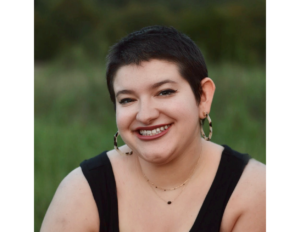
Earlier in 2020 Federation recruited more than 25 young adults from metro Atlanta to join the inaugural Jewish Changemakers Fellowship, a three-week online leadership development experience hosted by Jewish Federations of North America. One participant was Zoe Katz, a 2019 graduate of Agnes Scott College who interned with JFNA’s Israel Action Network to combat the delegitimization of Israel and BDS on college campuses.
I took 78 pages of notes throughout my three-week Jewish Changemakers fellowship. Looking through those pages now, there is one quote from my notes that sticks out as I reflect on my experience. I listened to a podcast about supporting the most vulnerable people in our communities. As the podcast encouraged me to use my own story and challenges to create change, the podcast guest mentioned the Jewish proverb: “I ask not for a lighter burden, but broader shoulders.”
As one of 500 fellows between the ages of 20-25 from around the world, I listened intently to rabbis, leaders of Jewish organizations, activists, community and coalition builders, and my fellow fellows. In Zoom breakout rooms, we discussed Rabbi Hillel, Theodor Herzl, Ruth Bader Ginsburg, and John Lewis, who passed away during the fellowship. At times, I was in awe of the content. Who was I to participate in these conversations? I am no agent of change. Some of the Changemakers were established professionals, writers, and activists with large followings. I had less than 200 Twitter followers. Yes, I always considered myself a leader and was recognized as one in college. But was I an agent of change? What did it even mean to be a changemaker?
It meant broadening my horizons. It meant broadening my shoulders.
The fellowship was split into three sections: the Story of Self, a week of personal and professional development; the Story of Us, a week of learning about the global Jewish community; and the Story of Now, a week of service and advocacy. It was okay that I didn’t think of myself as a changemaker – these three weeks would guarantee that I would learn.
Week one started with us writing down a “six-word story of self.” In essence, it was a tagline for ourselves and a thesis statement for who we hoped to become over the course of the fellowship. On day one, I scribbled down, “finding my story, always staying myself.” By Friday, the sentence read, “passionate storyteller and value-focused Changemaker.”
It was a vast improvement.
At the beginning of the fellowship, I was most excited for week two,– the Story of Us. In college, I studied Jewish history. (Specifically, I wrote my senior history thesis on Jewish Pirates– yes, really.) In my research, I got to visit the Jewish community of Jamaica, which sparked a passion for learning about global Jewish communities. And wow, did the curriculum deliver. From learning about Cochini Jews in India to discussing the question of ‘Who is a Jew?’ with my cohort, I drank in the content and conversation like it was water and I had just finished wandering the desert for 40 days and 40 nights.
My favorite elective of the fellowship was that week, too. Entitled Finding Your Narrative in the Israel Conversation, I spoke passionately in our breakout rooms about my frustrations with the Israel conversation on campuses. Facilitated by JFNA’s Israel Action Network (IAN), I also worked up the courage to ask the Director of IAN for an informational interview to discuss Jewish organizations and my career. Now, a few months later, I’m interning for IAN, and I’m specifically working on programs to combat the delegitimization of Israel and BDS on college campuses.
By week three, I found friends in hundreds of fellows. We texted each other and made memes about the content we were learning. I organized a writing group and conducted a writing workshop on Sunday. Through Facebook groups, we organized extracurricular video chats — as if we were in a conference center, and we could hang out after sessions in the lobby, just chatting about anything and everything. On the last day of the fellowship, I was selected to ask Representative Maxine Waters a question about solidarity and coalition building in front of all 500 fellows, the president of JFNA, and other Congress members. It was terrifying and exhilarating. It was change-making.
It’s been a few months since the fellowship ended, but I continue to be amazed by the relationships I formed. We champion each other on social media, we network, we work together to create and advocate. I simply would not have the tools, the vocabulary, or the inspiration to do this work before the Changemakers fellowship. Before, my shoulders were narrow. I often collapsed under the weight of uncertainty, and the sheer amount of work there was to make a more just world. Now, my shoulders can bear the weight of change. I have the muscle to get the job done. And they continue to broaden more and more—all thanks to the Jewish Changemakers fellowship.
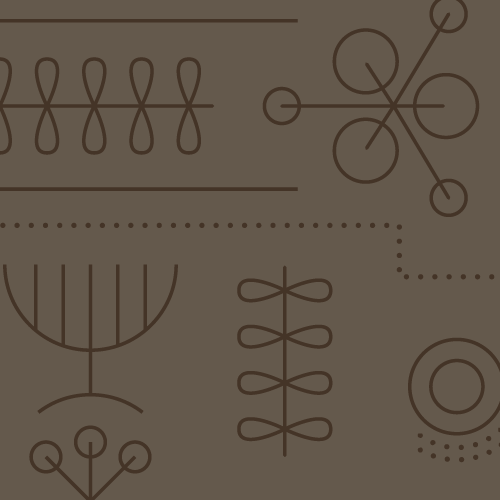
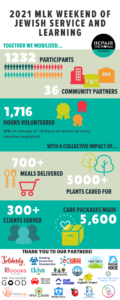

 We are very proud to announce that Jewish Federation of Greater Atlanta has been selected to be part of a national grant that expands national capacity to provide Person-Centered, Trauma Informed (PCTI) care to Holocaust survivors, other older adults with a history of trauma, and their family caregivers. Atlanta was one of just 10 Federations invited to apply for funding.
We are very proud to announce that Jewish Federation of Greater Atlanta has been selected to be part of a national grant that expands national capacity to provide Person-Centered, Trauma Informed (PCTI) care to Holocaust survivors, other older adults with a history of trauma, and their family caregivers. Atlanta was one of just 10 Federations invited to apply for funding.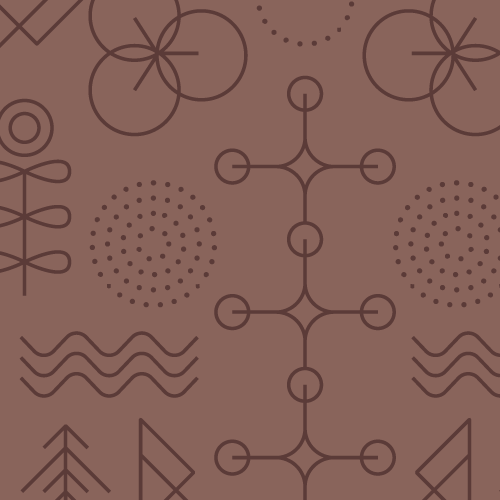

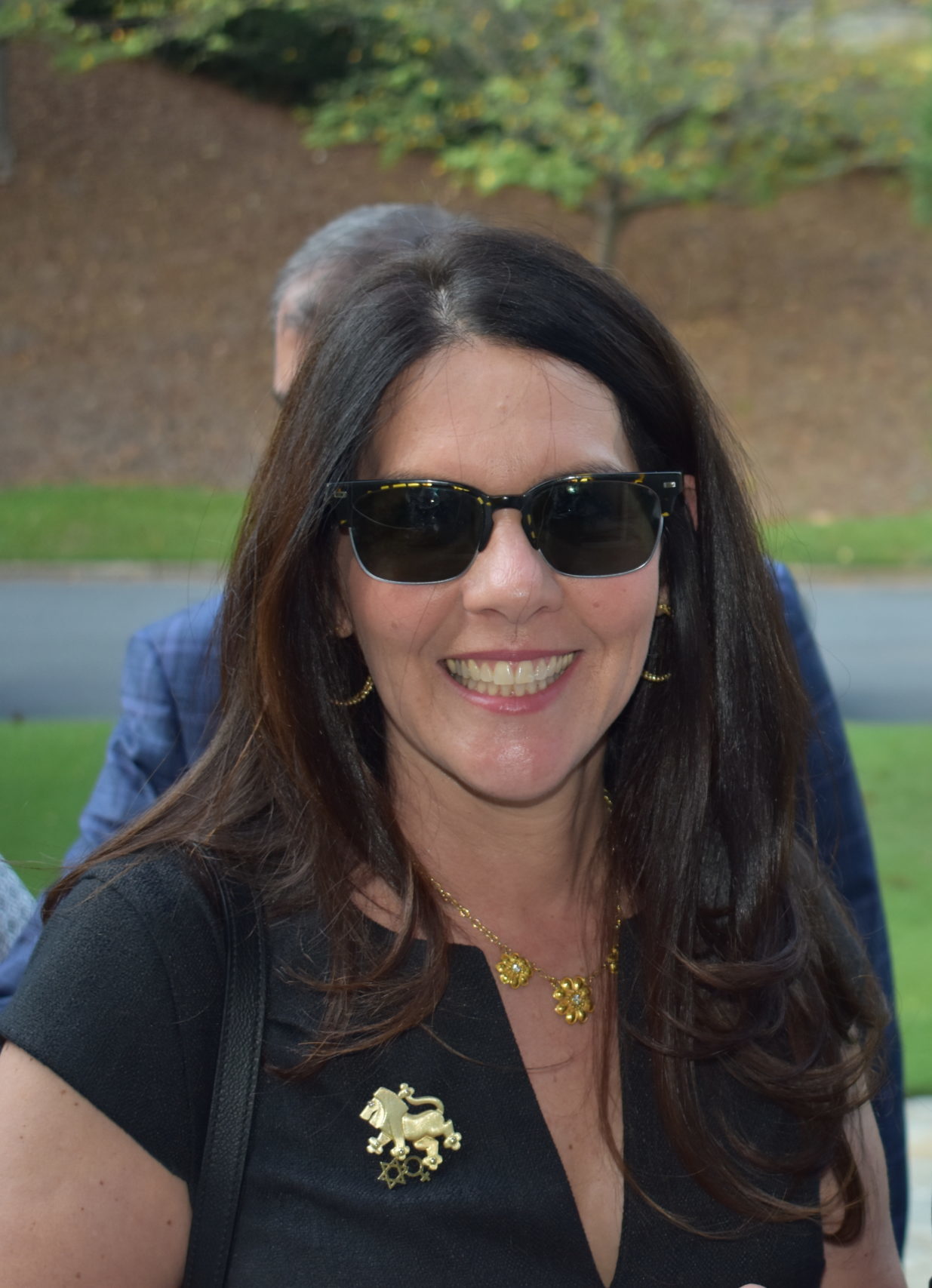
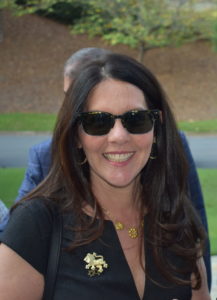


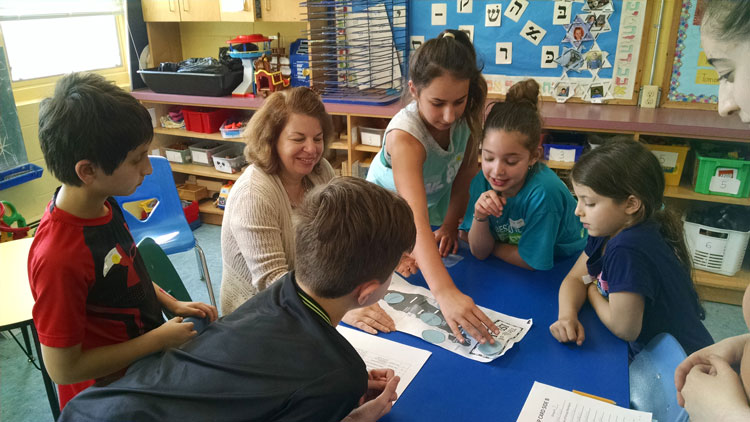
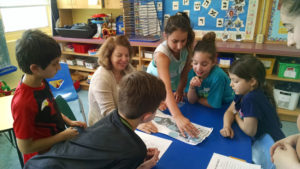 What will Jewish education look and feel like when the trauma of this pandemic is finally over? Will religious school simply return to “normal”? And if it does, will it meet the needs of Atlanta’s students and families?
What will Jewish education look and feel like when the trauma of this pandemic is finally over? Will religious school simply return to “normal”? And if it does, will it meet the needs of Atlanta’s students and families?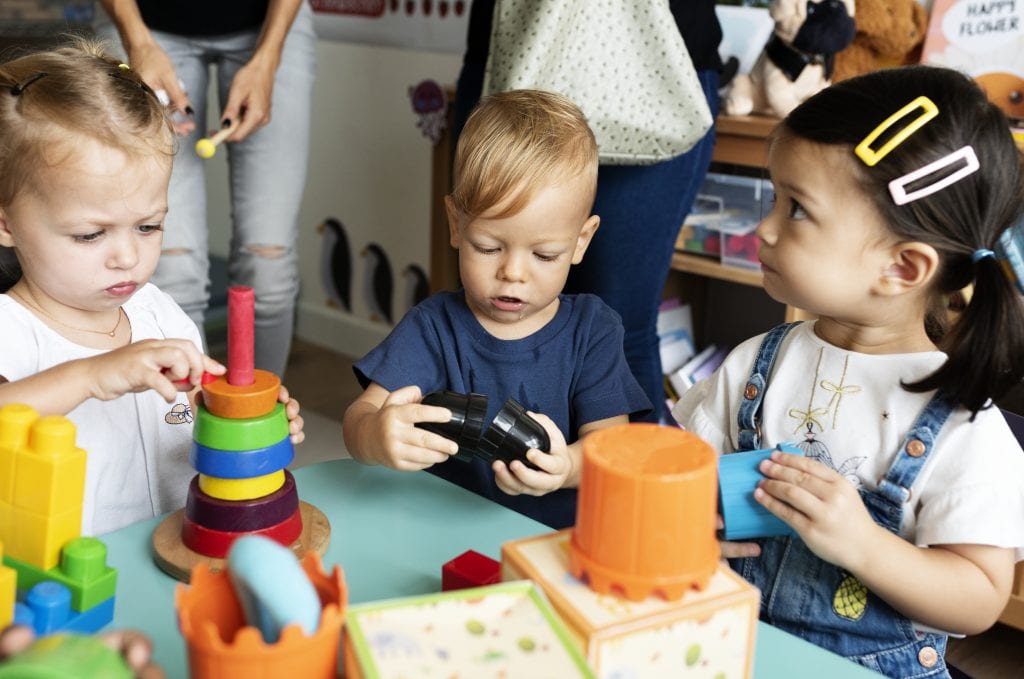

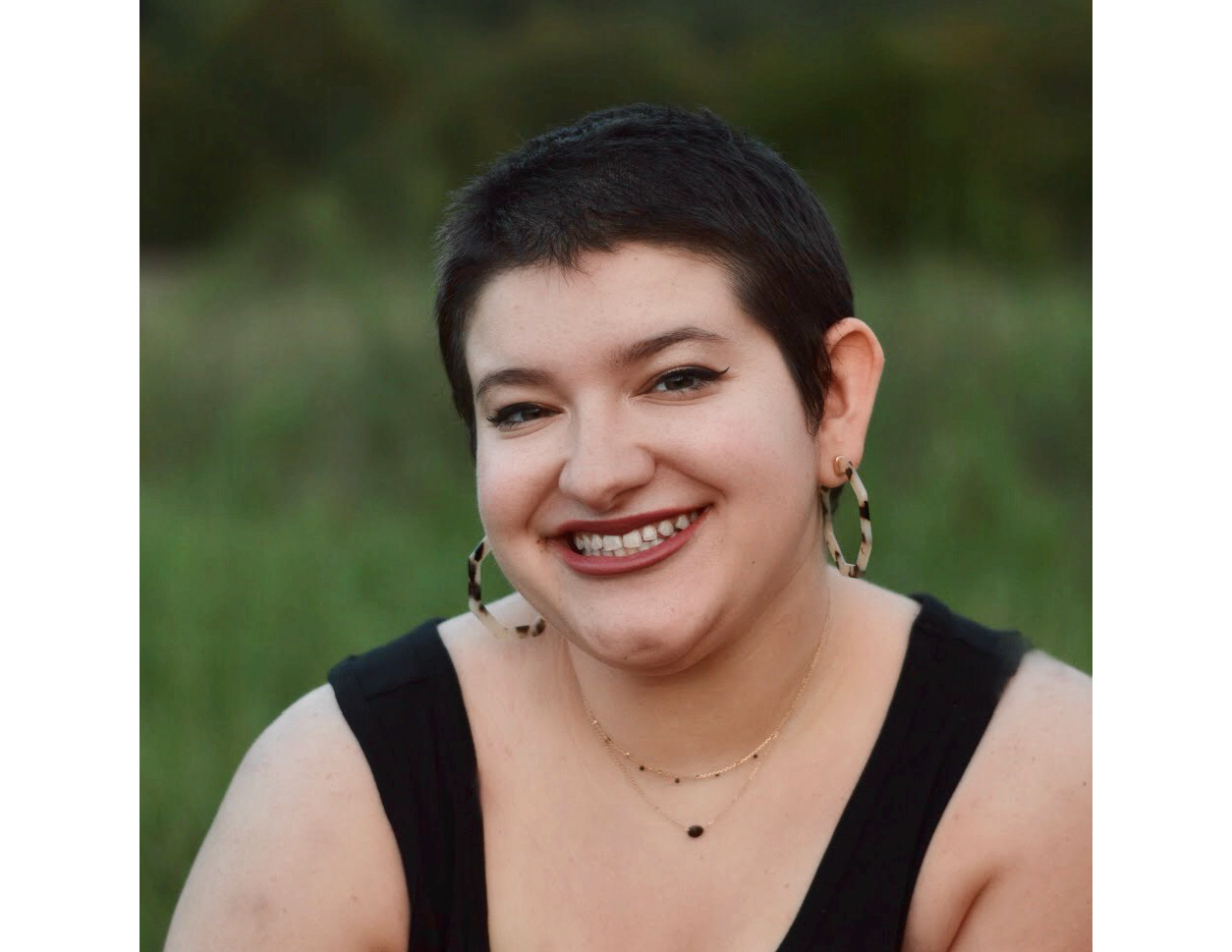

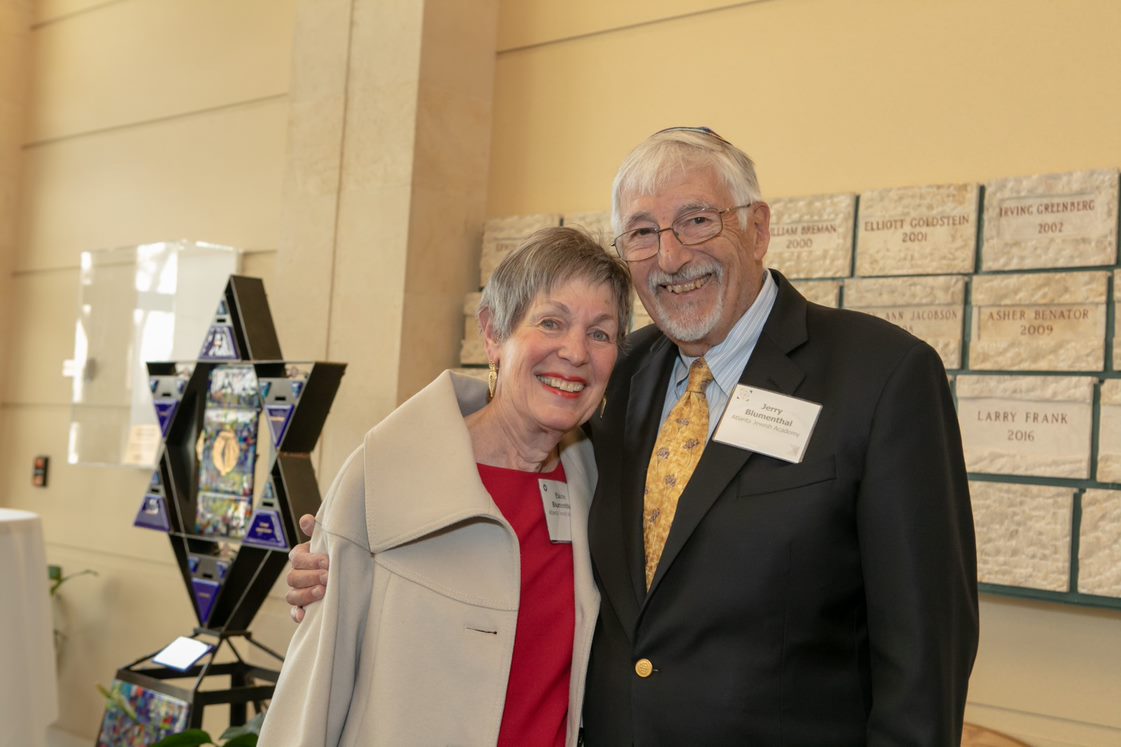
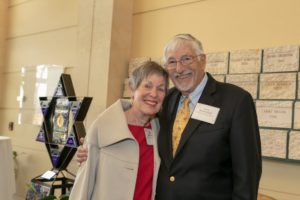
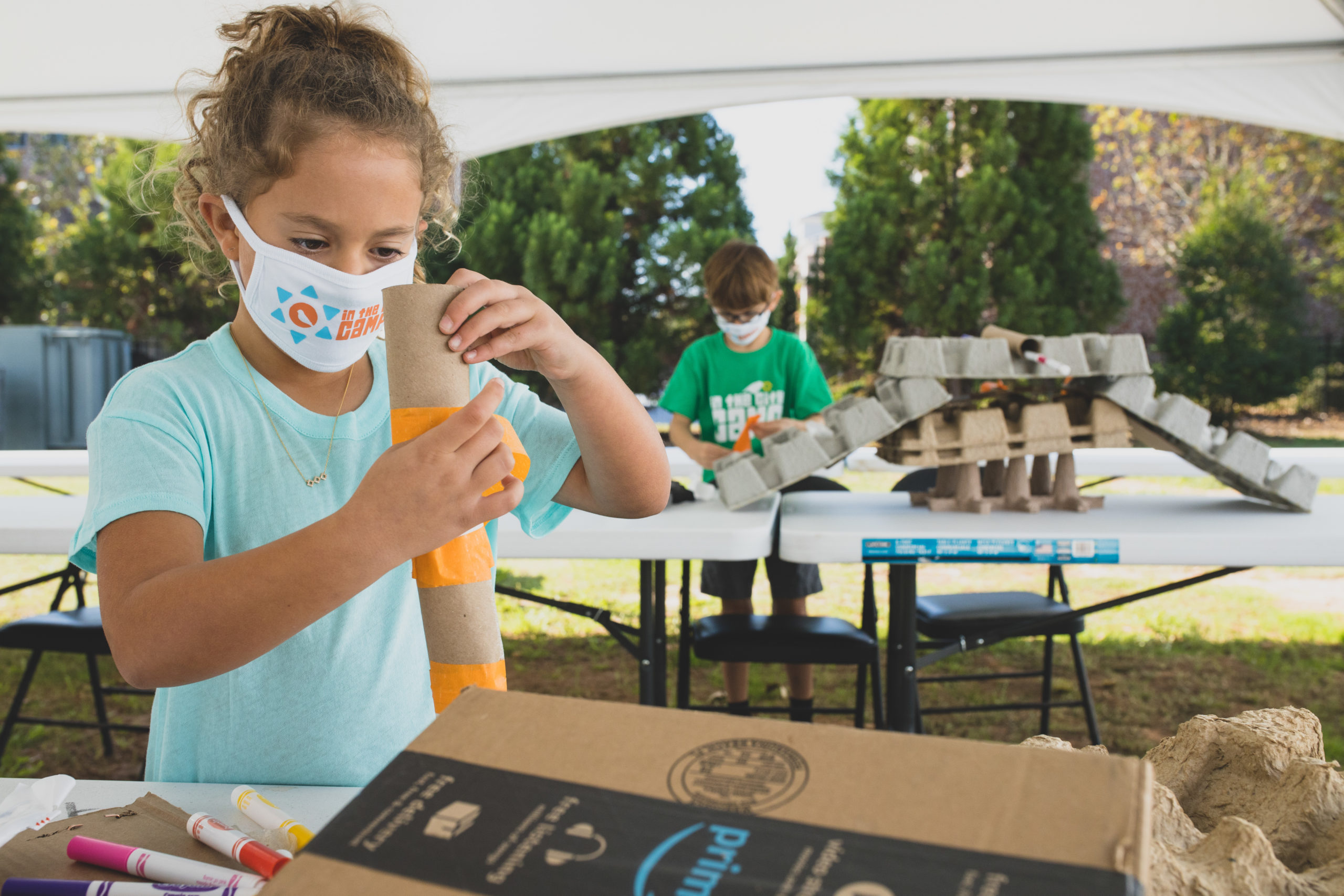
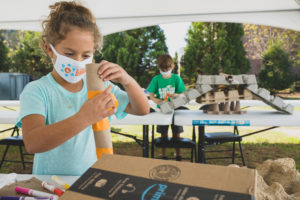 Atlanta’s Jewish day camps have had months of experience
Atlanta’s Jewish day camps have had months of experience 

